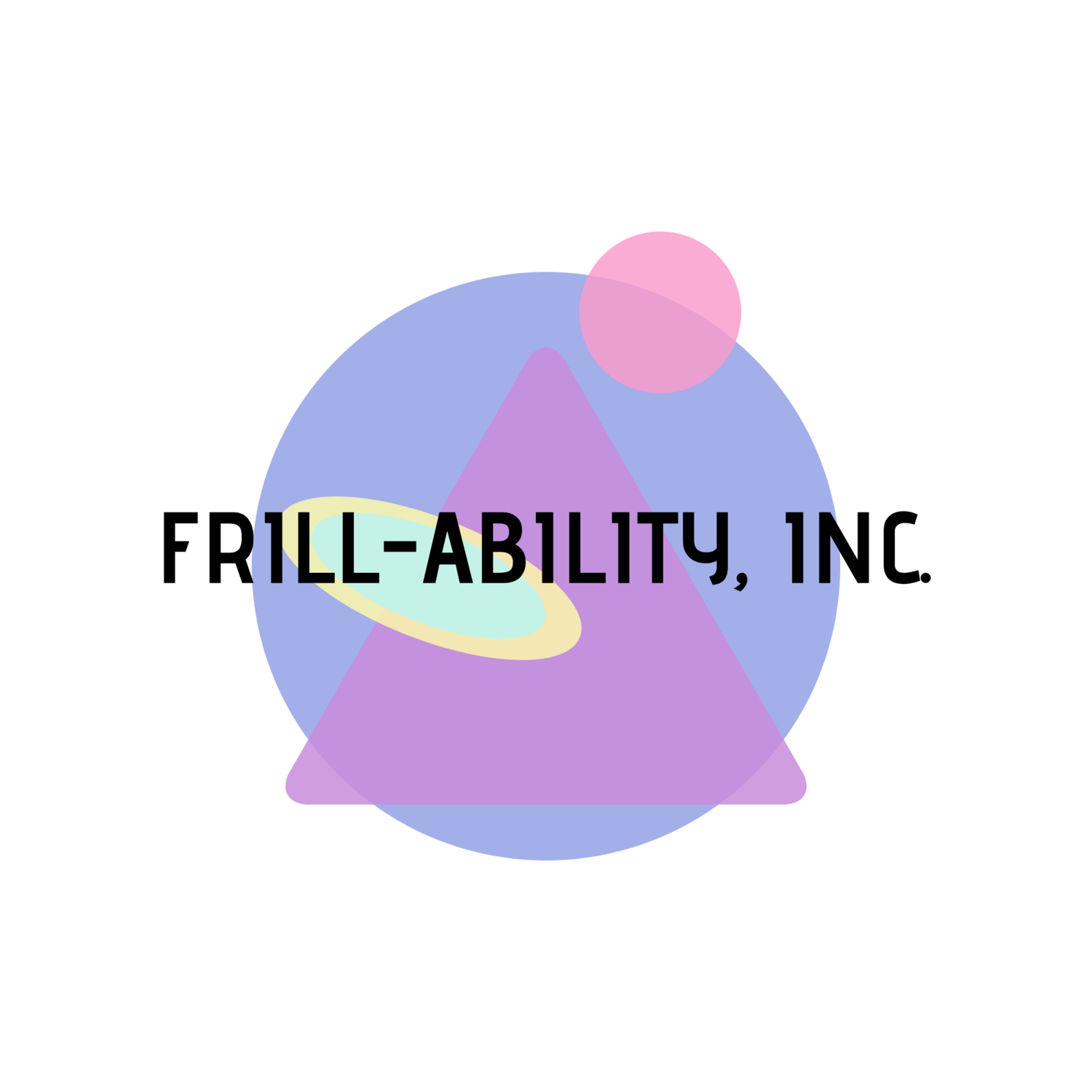I was flipping through Tumblr the other day, and I came across this post by user zubat and the following linked fact sheet (section 14(c) of the Fair Labor Standards Act) on wages for people with disabilities in the United States. It perturbed me, and I think it's something we need to talk about. In some cases, it might be used for good, but I feel that it has the potential for many employers to take advantage of their employees with disabilities. Have you been affected by this law or do you know someone who has? Please take a moment to watch the video and discuss in the comments.
Note: I'm highly uncomfortable with the blanket terminology in section 14(c) to describe intellectual disabilities/potential neurological issues as "mental retardation," and I hated repeating it. The R word is highly abused, and I would like to talk about that and other words that should probably be phased out in another entry. Let's just stop using it, okay? Cool? Cool.
It's never an easy situation when you feel as if you are being treated unfairly in the workplace. Anything that you could potentially do in defence of yourself could result in the loss of employment and the end of your ability to care for yourself and your family, if applicable. However, there are resources available for you out there, and there are things you can do for yourself.
The first things you might want to do are:
1. Calmly collect your thoughts, and record everything that is happening (relevant to unfair treatment) day by day in a journal that you keep in a safe place away from work.
2. Reserve your feelings about your work conflict only to trustworthy individuals outside of the workplace.
3. Collect all paperwork you were given as a new hire from Human Resources so you can review to what you are legally entitled. Do not make HR aware that you are doing this for the reasons that you are. If you need extra copies of anything, you can ask. Just say that you misplaced something and you needed an extra copy. They are legally obliged to give it to you.
In most cases, HR is there to help you and are usually awesome people! As I am unaware of what your legal situation might be, I tend to err on the side of caution. This is why I would direct you to see #4 first.
4. Speak with an advocacy group or legal counsel to see if what is happening violates your rights and an offer a viewpoint of what would be in your best interests. An introductory visit or phone call sometimes will be at no cost to you, and there are many groups that, if you have a case, that do not take a fee from you personally, until a case is won. (This is called a contingency fee. It depends on the type of lawyer and the case, to my limited understanding.)
If you are having trouble locating groups or attorneys on your own, let me know, and I can go into more depth at a later date. I hope this helped a little if you are having some trouble at work. Remember, if you are working and having a rough time there, try to set a few minutes of the day when you get home for something positive and uplifting. When I was going through the same thing, the worst part was that some days I let it swallow me whole. Don't forget to let the light in.
Please remember that you are amazing, no matter how others might make you feel sometimes. We can help ourselves feel better (and help others!) by making good with our abilities. ✰ See you next time!
Sorel Estrada Volpe
Frill-Ability, Inc
